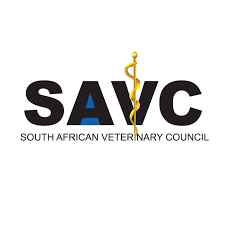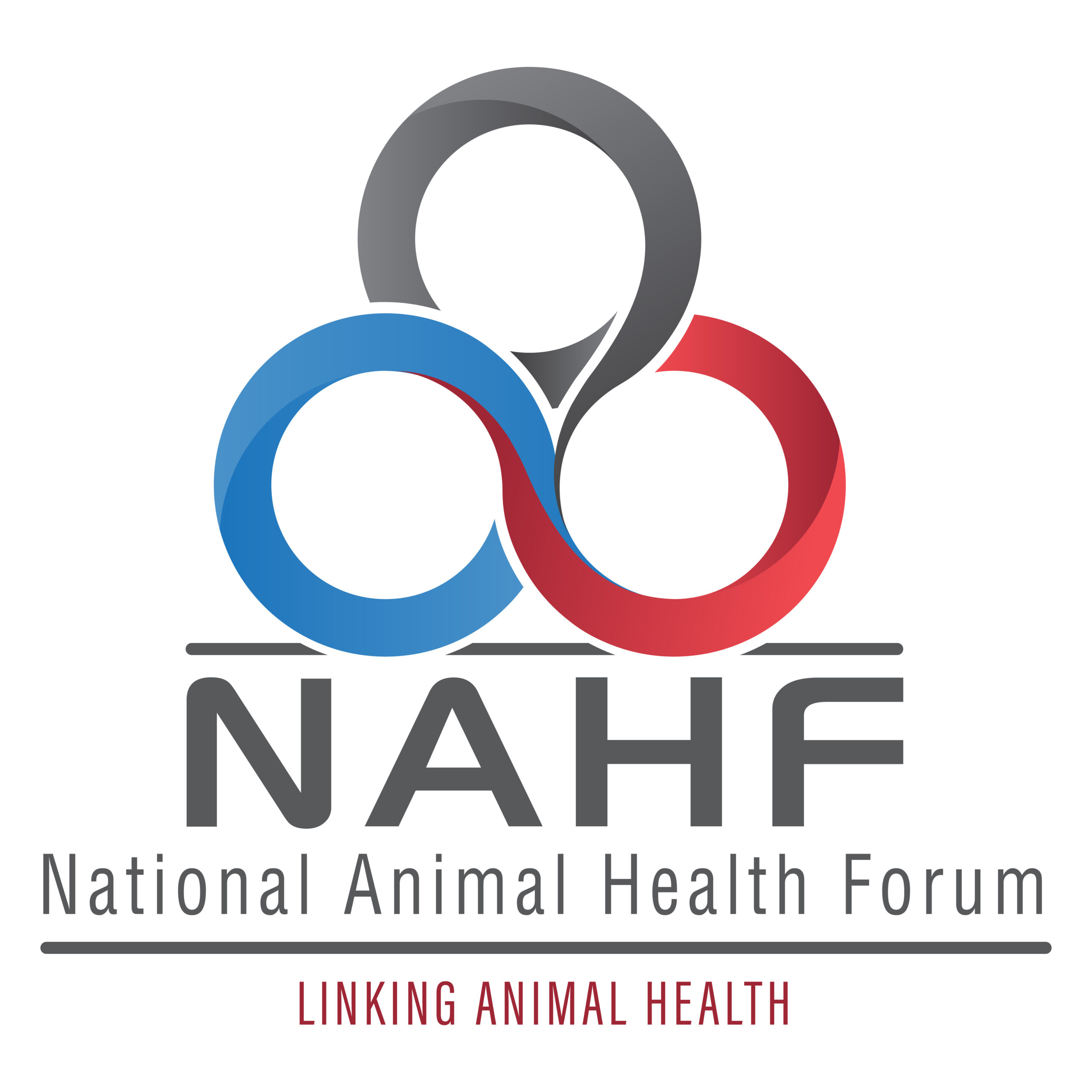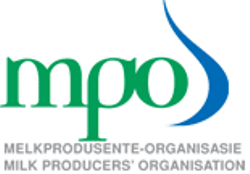
The world of science gave us antibiotics to treat serious illnesses, but what happens when antibiotics and other antimicrobials are misused to the extent that humans and animals build up resistance to them?
This issue comes under the spotlight during World Antimicrobial Awareness Week, from 18 to 24 November 2021, with the World Health Organization (WHO) declaring antimicrobial resistance one of the top 10 global public health threats facing humanity.
According to the WHO, an antimicrobial is any medicine that is used to prevent or treat infections in humans, animals and plants – such as antibiotics, antivirals and antifungals.
Antimicrobial resistance occurs when bacteria, viruses, fungi and parasites change over time and no longer respond to medicines – making infections harder to treat and often resulting in the spread of so-called superbugs, which are resistant to more than one antimicrobial and can be deadly.
Professor Vinny Naidoo, the Dean of the Faculty of Veterinary Science at the University of Pretoria and a Council member on the South African Veterinary Council (SAVC), says that compared to life a century ago, it is clear that the development of antimicrobials has lengthened lifespans and led to healthier people and animals, and better food production and lifestyles.
However, he says that the overuse and abuse of antibiotics are leading to bacterial pathogens of humans and animals developing resistance to many antibiotics, which is a cause for concern.
“We are definitely seeing the immense impact of antimicrobial resistance on human and veterinary health, and more interventions are needed,” he says. “People don’t realise how interconnected we (humans and animals) are in terms of bacteria. Bacteria are conducive to life, but what is the potential impact of a chemical like an antibiotic that kills bacteria?”
While resistance develops following the direct use of antimicrobials in people and animals, the indirect impact of these medicines is also of concern. Following the treatment of an animal with an antibiotic, the said antibiotic is excreted in its waste and goes into the pastures or water. Similarly, when people take antibiotics, they find their way into the water supply via the sewerage system.
When antibiotics end up in the environment, it adversely affects the health of the environment. And if they find their way into what people and animals eat – including plant-based food – it could lead to the build-up of resistance in the bacteria naturally found in the soil, or it could expose people to low doses of that can interfere with their intestinal bacteria. Also of concern is that animals can also excrete resistant bacteria into the environment, and these can become infectious to other animals or people.
“The world is interlinked and antimicrobials have an impact on the entire value chain, in line with the ‘One Health’ approach. There will be no such thing as healthy people, healthy animals or a healthy environment if we do not control the antimicrobials properly,” Professor Naidoo says.
An example of antimicrobial resistance in humans is multidrug-resistant tuberculosis, as well as the “ESKAPE” group of antibiotic-resistant bacterial pathogens. But in veterinary medicine, the most common multidrug-resistant strains are of Staph aureus, E. coli and Pseudomonas (which usually cause urinary tract, respiratory and ear infections).
Professor Naidoo says such organisms are “highly resistant” to medicines and that antimicrobial resistance has become a major problem in veterinary medicine due to these medicines being misused.
In South Africa, for example, there is the cautionary tale of colistin, an old antibiotic developed in the 1950s that was mainly used in the veterinary world to safely treat gastrointestinal infections in poultry and pigs. After its use was discontinued in humans for many years, it was reintroduced as a last-resort antibiotic to treat hospitalised people with respiratory infections.
However, farmers were using colistin as an antimicrobial growth promoter for chickens and livestock, and traces of the colistin given to animals were ending up in the environment. This resulted in bacteria exposed to colistin building up resistance to the medicine. Resistance also started developing to E. coli and superbugs evolved – notably, with Klebsiella pneumoniae becoming multidrug-resistant as a result of the transfer of this resistance between bacteria, says Professor Naidoo.
As concerns began increasing regarding the use of colistin, health authorities and veterinary experts, including the SAVC, had to weigh up the benefits of producing food economically (particularly in a developing country) with being able to treat hospitalised patients with colistin.
With colistin-resistant strains of bacteria increasing on poultry farms in South Africa at an alarming rate, it was decided by the then Medicines Control Council (which is now the South African Health Products Regulatory Authority) to withdraw the veterinary products using colistin, and the SAVC declared it unprofessional conduct for a vet to prescribe it. Its use in human medicine was also severely restricted.
“The ban is definitely working. We did a three-year survey, which found that the colistin resistance that was present five years ago has almost disappeared,” says Professor Naidoo. This illustrates that if we act swiftly to counter antimicrobial resistance and its harmful consequences, the battle can be won.
What can we do to play our part to prevent antimicrobial resistance?
- Practise proper hygiene when preparing food – wash hands and prepare food on uncontaminated surfaces
- Cook your food properly to prevent possible food poisoning
- Clean water and proper sanitation are crucial to human, animal and environmental health
- Do not throw unused human or animal medicines in bins or toilets – let your pharmacist dispose of them safely
- If you or your pet is prescribed an antibiotic, finish the course
- Remember: not every disease requires an antibiotic or antimicrobial
- Do not pressurise your doctor or vet to prescribe an antibiotic if he/she does not believe it’s necessary
- For more information on antimicrobial resistance, visit https://www.who.int/news-room/fact-sheets/detail/antimicrobial-resistance
Ends
Published on Friday, 26th November 2021 - 08:51
Recent Posts
disclaimer









